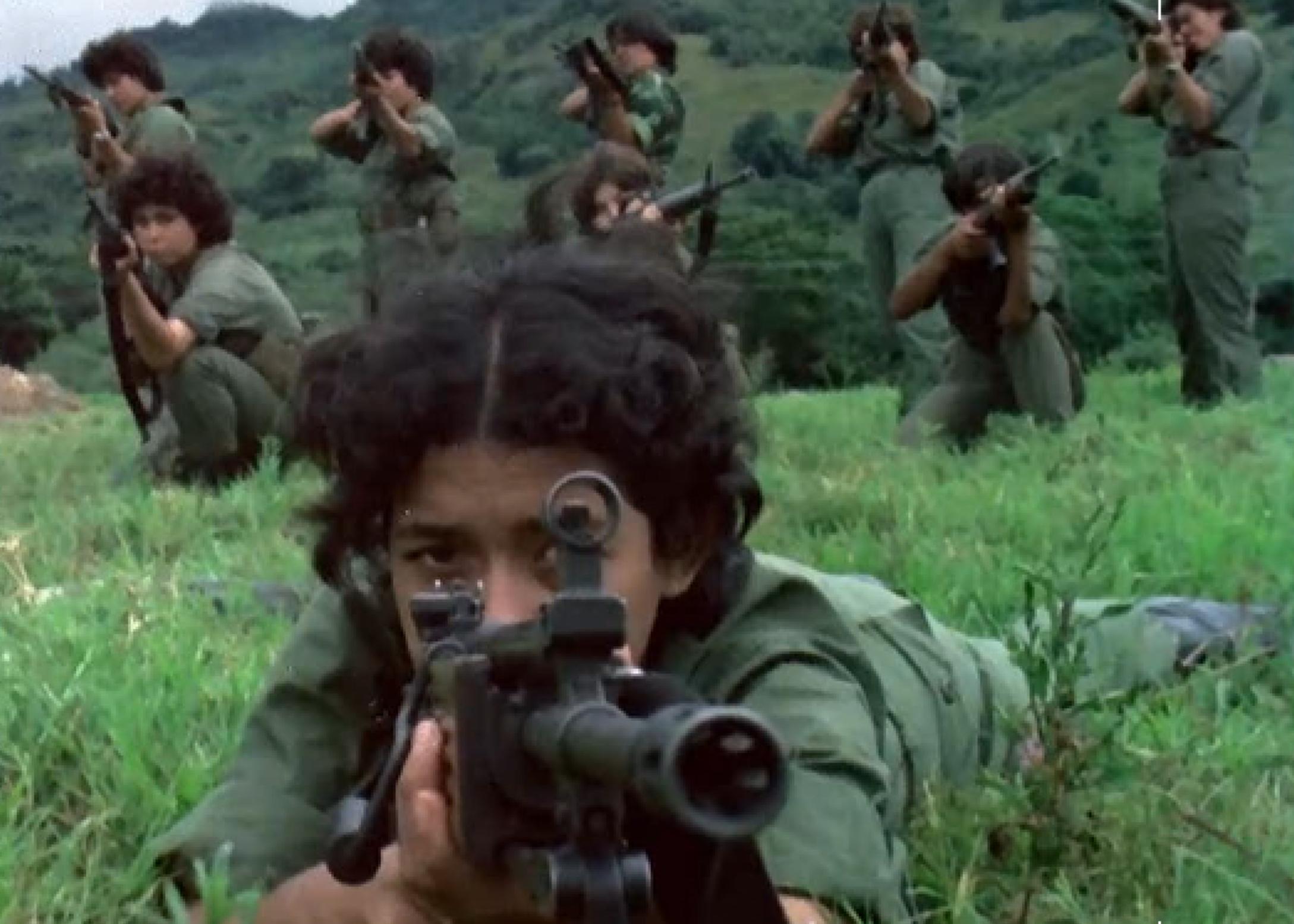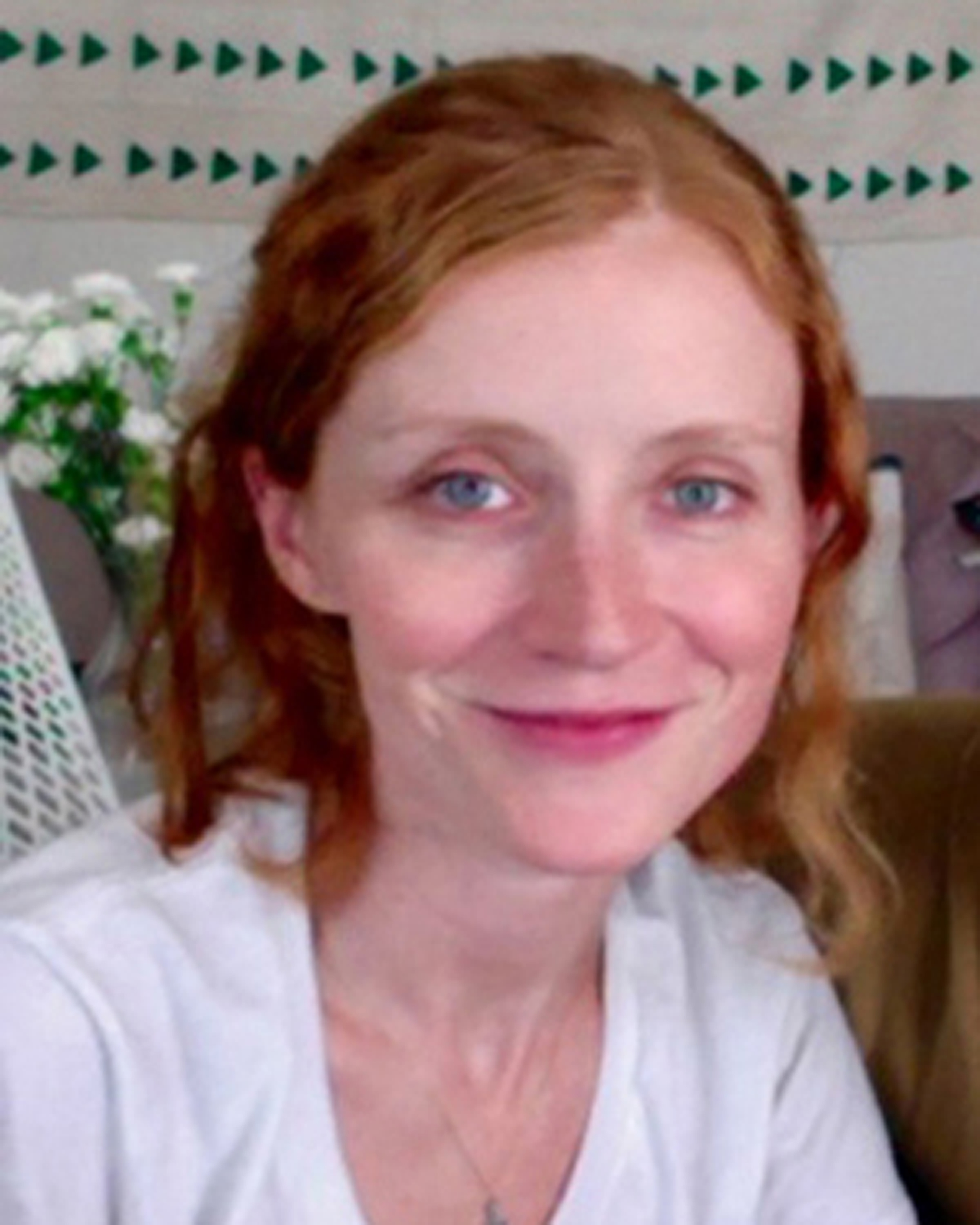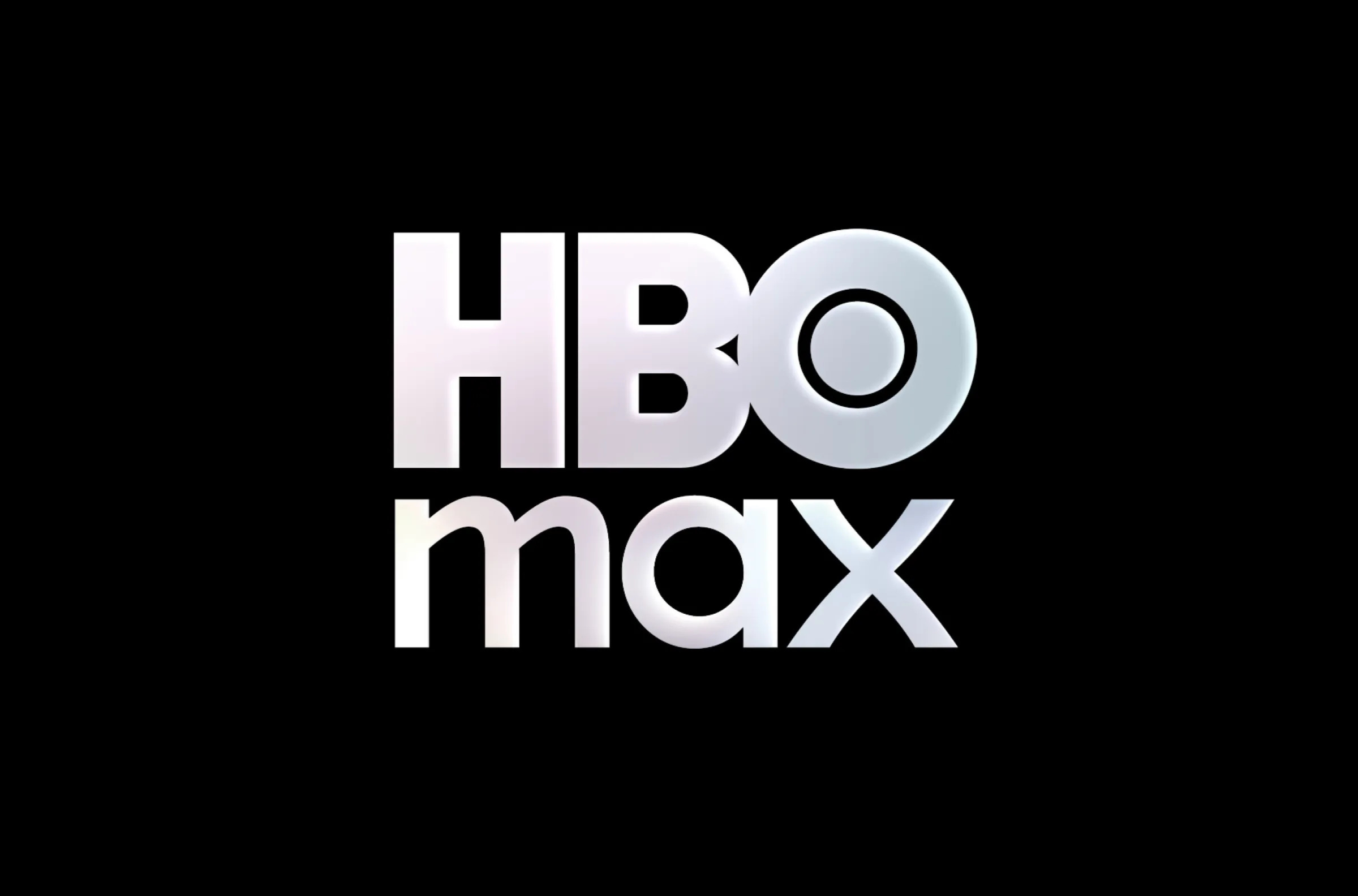
Filmmaker Jenny Murray joined Solzy at the Movies over the phone this weekend to discuss her new film, ¡Las Sandinistas!, premiering at the 2018 SXSW Film Festival on March 12, 2018.
Thanks for joining Solzy at the Movies today. How are things treating you?
Jenny Murray: Things are going pretty good over here. I’m in Los Angeles and we’re having a nice day after a lot of rain. Where are you based?

I am based in your old stomping grounds of Chicago.
Jenny Murray: How do you like it?
I love it. I lived here 2008-09 and moved back in February 2016.
Jenny Murray: Oh, wow! You moved back in February to Chicago?
Yeah.
Jenny Murray: That’s cool. I love Chicago.
How much of a thrill is it to premiere Las Sandinistas at SXSW?
Jenny Murray: It’s so cool! I’m so excited about it. I think all of us on the team are so excited. It’s a big surprise. It seems like such a cool place. I’ve never been there. They do really cool female-driven films. I’m excited to get to go there and share our work there.
What drew your attention to these incredible women and why did you feel it was so important to tell their story?
Jenny Murray: What first drew me was an interview with one of the main characters, Sofia Montenegro. She founded the Women’s Autonomous Movement. I was doing some research online. I had studied the revolution a little bit in college. I was going to visit a friend working on the border of Nicaragua and Costa Rica. I had just started looking at the revolution. I saw that there was a federal ban on abortion—that the revolutionaries were still in power. This was back in 2013. I thought that was weird and I did more research. I found this interview with Sofia that was incredible. She’s so articulate, so funny, and so alive. The interview happened to be translated into English.
I had this feeling when she started talking about the other women. It just ignited something in me. I never heard stories of women doing this kind of thing. She talked about a woman named Nora Astorga, who was a single mother and was pregnant in the mountains when she first saw her before the revolution in the 1970s. This woman was a corporate lawyer and she left everything to fight for a better country. They went to these mountain camps, teaching young boys to build AK-47s with a blindfold on and was pregnant.
I started looking up pictures and all these stories. I just started finding them. I bought some old books. There wasn’t much online about these women. I found out about Dora Maria Téllez, the other main character. She was an elite general and led the Ministry of Health and these huge social reforms. I thought these stories were so cool. They were really inspiring to me. I looked for a movie about it and couldn’t find anything. I found out that their stories were disappearing and being written out of history by members of the current government. I was really moved and thought that if I could have some part in helping share and preserve these stories then I want to do that.
I went down and found some of the women and they finally agreed to meet. They were hesitant at first because they’re very politically active. We really worked to get in contact with them and build their trust. They made time for us and I’m so grateful.
How did you get an interest in filmmaking?
Jenny Murray: I always loved film. It started in high school and college. I had a lot of friends that were studying film, mostly men. They were making their own films in college and I would help them out. Friends of mine shot at my house outside of Chicago. We put up lights, had a smoke machine, and made these student films.
I did my first work on films when my friends were studying at Columbia College in Chicago in a summer program actually. That’s where I first began as a teenager working on friends’ student films. I think we were teenagers just making films. I didn’t really think I could ever make my own film. It never really occurred to me to make my own film. It was really true working on friends’ films—just helping out where I could. I really started to think anything was possible.
In college, I had a lot of cinephile friends like Sarah Winshall, our producer. It was through people like Sarah, who went to NYU, and friends of mine that loved films. We’d all watch and talk about films. After working on a few, I started making short films at night. I always had a day job and just started doing it. This was my first documentary though. I was really moved by the story and just thought I have this chance to make it and thought it was worth it. We just pushed and pushed.
What’s the biggest difference you’ve found in making a documentary compared to a narrative film, be it a short or feature-length?
Jenny Murray: They’re very different in a lot of ways. I think the biggest thing that I didn’t know was how important the journalistic and research aspect was. In screenings, people will have so many questions and you have to give people as many facts as you can and also incorporate as many emotional elements as you can to make it an engaging film. That was the biggest difference. The thing that took the longest for me to try my best to learn was how to balance telling a personal or intimate story about some of these women with also maintaining enough factual context for a viewer to really learn about this country that people don’t know much about, wars, dates and cities that many people aren’t familiar with. The biggest difference to me was really working and the ideas that came out of the co-producer. When I watched, their feedback was always about journalistic standards. Coming from a narrative background, I really had to learn and pay attention to.
What’s the biggest message that you want viewers to take away from watching the film?
Jenny Murray: I hope that the women’s stories will remind and hopefully inspire people—especially women to remember their own strengths and capacities to not only to lead battles but to lead social reform and social movements. I hope those stories will be a reminder of that but also how easily women’s achievements can get erased from history and the popular narrative that women have a big part in. We hope the film will add some of the joy and achievements back into the collective of shared history
Going back to Chicago, what’s your favorite film that’s been filmed here?
Jenny Murray: Oh, wow! I love Ferris Bueller’s Day Off. I mean, who doesn’t?!?
Michael Phillips of the Chicago Tribune, apparently.
Jenny Murray: What’s your favorite?
The Blues Brothers. Hands down.
Jenny Murray: Wow. The Blues Brothers is so awesome. That was my dad’s favorite movie. Chicago is great. I hope to make more movies—at least one or two more in Chicago. That’s one of my dreams—to be able to go back. Chicago is really an important part in America but you don’t see as much movies about it. It’s a very American city and a great city.
Thanks again for your time and congrats on the film.
Jenny Murray: Thanks so much and have a good day.
An official selection of the 2018 SXSW Film Festival, Las Sandinistas premieres as part of the Documentary Feature Competition.



